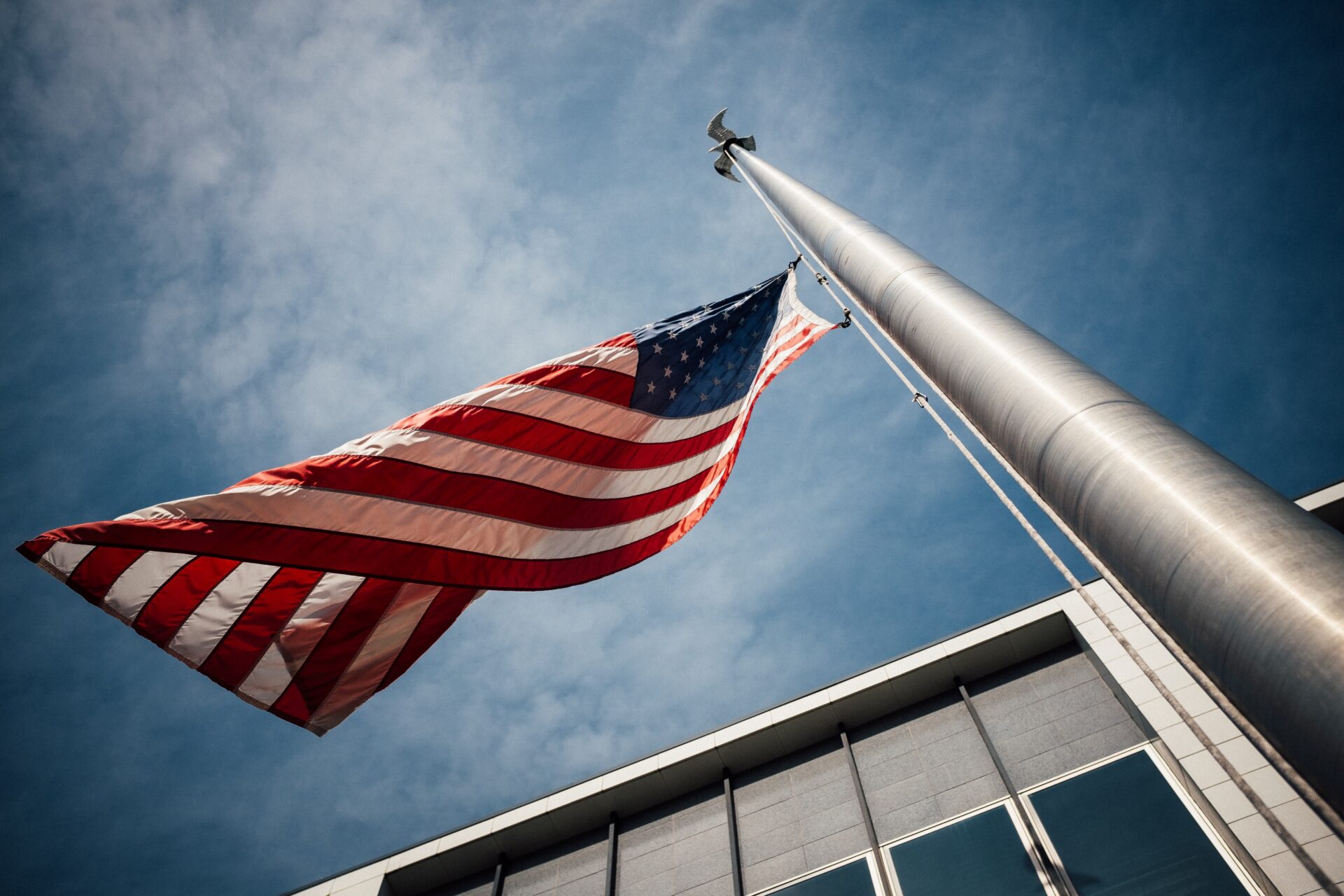In a democracy, journalism stands as a vital cornerstone, yet its practitioners often grapple with numerous legal challenges that can threaten their work. With the rise of criminal defamation claims, strategic lawsuits against public participation (SLAPPs) and a plethora of charges aimed at financially ruining news outlets, the legal arena for journalists is complex and chaotic. This underscores the imperative for journalists to arm themselves with robust legal knowledge and support. By adhering to legal best practices, journalists can ensure their reporting remains unassailable, while also safeguarding their professional and financial well-being.
It’s vital to note that laws and regulations affecting journalism can vary considerably depending on jurisdiction. It is, therefore, essential for journalists to understand national, state and local legal issues and obstacles relating to the media.
It’s valuable to run content through a legal risk assessment (formally or informally) before publication, and those that are considered high risk should go through legal review before publication. Journalists should seek out and utilize the resources available to them and to their media outlet before legal issues arise.
Guides & Best Practices
Committee to Protect Journalists
“Guide to legal rights in the U.S.” provides practical recommendations to help journalists understand their rights and potential responses when confronted by law enforcement officers at public events.
Thomson Reuters Foundation and the Tow Center for Digital Journalism
“Weaponising the law: Attacks on media freedom” is a report that examines eight key legal threats to independent journalism.
Thomson Reuters Foundation
“Defence handbook for journalists and bloggers” is a 280-page book that takes an international look at the principles of freedom of expression and freedom of information. The book is free and a .pdf version of it can be downloaded.
Media Defence
“A journalist’s guide to avoiding lawsuits and other legal dangers” provides an overview of international legal standards and common threats faced by journalists. It offers tips and advice for journalists on how to prevent, mitigate and protect themselves from legal threats.
Reporters Committee for Freedom of the Press
The “Open government guide” is a complete compendium of information on every state’s open records and open meetings laws. The first step in accessing public records is for a journalist knowing what their – and all citizens’ – legal rights are.
Reporters Committee for Freedom of the Press
The “First Amendment handbook” provides a basic primer on the laws affecting reporters’ rights to gather and disseminate news.
Reporters Committee for Freedom of the Press
The Reporter’s Privilege is a compendium of information on the reporter’s privilege — the right not to be compelled to testify or disclose sources and information in court — in each state and federal circuit.
Assistance
There are several reputable, nonpartisan organizations and institutions that offer research, insights, training and services for journalists in need of legal support. Here are some that reporters and editors might find useful:
Reporters Committee for the Freedom of the Press is a U.S.-based organization that provides pro bono legal representation, amicus curiae support and other resources to protect First Amendment freedoms and the news-gathering rights of journalists. It offers a legal hotline for journalists and media lawyers during regular business hours, as well as an emergency number in situations where a reporter has been arrested or faces imminent threat of arrest. There is also a guide for what to expect when using the organization’s legal hotline.
The Protecting Journalists Pro Bono Program, better known as ProJourn, provides no-cost legal help with pre-publication review and public records access for small news organizations, nonprofit newsrooms, documentarians and independent journalists. It is a collaboration between Microsoft, Davis Wright Tremaine, the Reporters Committee for Freedom of the Press and the Knight Foundation.
Committee to Protect Journalists is an independent, nonprofit organization that promotes press freedom worldwide. Among its many resources designed to protect journalists and their sources are those focused on the legal issues that journalists throughout the world may face. It provides various regional guides, as well as more general resources.
Lawyers for Reporters is a nonprofit under the umbrella of the Cyrus R. Vance Center for International Justice. It provides pro bono legal services for independent journalists and local news organizations in the U.S.
Legal Network for Journalists at Risk is composed of member organizations and a steering committee with the goal of providing support to independent journalists and media outlets throughout their legal case.
Media Defence is a registered charity in England that works to ensure quality legal representation for journalists worldwide, engages in strategic litigation against unjust laws used to silence journalists and works on capacity building. It has a resource hub with articles geared toward an international audience.
Free Press Unlimited is an international press freedom organization that offers a wide variety of support for journalists and members of the media, including subsistence costs, psycho-social support, work provisions and legal defense support.
Society of Professional Journalists is a U.S.-based journalism organization, dedicated to encouraging the free practice of journalism and providing various training opportunities with discounted services for its members. It hosts the Legal Defense Fund, which aids journalists in defending the freedom of speech and press.
The Media Freedom and Information Access Clinic is a law student clinic dedicated to increasing government transparency, defending the essential work of news gatherers and protecting freedom of expression by providing pro bono legal services, pursuing impact litigation and developing policy initiatives.
Additional Resources
Voice of America
“Network of lawyers helps U.S. journalists fight for access” by Esther Sun
Article
Nieman Reports
“Sued for doing journalism” by Jonathan Peters
Article
Poynter Institute
“A look back at a landmark study on libel lawsuits” by Paul Glader
Article




